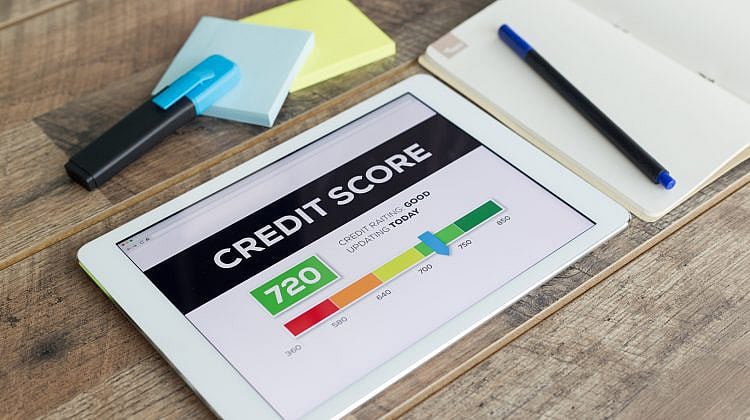Your credit score affects how easily you can conduct a variety of financial transactions and what they will cost you, so it’s essential for you to understand your own. It’s what lenders refer to when evaluating your creditworthiness, which is simply a way to gauge your financial capabilities while approving your loan application.
Your credit score covers your entire financial history and gives an idea of your borrowing power. Since your credit score is checked every time you make a financial decision, it’s important that you take the necessary steps to maintain your credit score as high as possible.
How many types of credit scores are used today?
Different lenders have different credit score models based on their own credit criteria, creating a whole host of credit scores. There are three credit reporting agencies in Australia – Experian, Equifax (formerly Veda) and illion (formerly Dun & Bradstreet) – that gather your financial information, arrive at your credit score and generate a credit report.
Let’s look at the three types of credit scores in more detail.
- Experian Credit Score
The Experian credit score range is a number between 0 and 1,000. A higher score indicates a healthier report and improves your creditworthiness. The value isn’t set in stone, though, and it changes with your financial behaviour. You can use this as a useful guide to maintain your credit performance and must keep checking it from time to time. - Equifax Credit Score
Your Equifax credit score is a record of your credit information as held by the credit agency Equifax, and is an indication of how finance and utility providers view your creditworthiness. The credit score range is between 0-1200 and the higher your Equifax Score, the better your credit profile and lenders perceive you to be a lower credit risk. - illion Credit Score
Like the other two credit agencies, illion too gathers credit information on individuals and businesses and keeps a record of their credit history. This information is then used to generate elaborate credit reports and credit scores which are shared with potential lenders. Your illion credit score is a number between 0 and 1000, and it indicates your reliability as a borrower to any potential lender and helps them decide whether to offer you a loan or not.
How are different types of credit scores calculated?
Every credit reporting agency has its own model and method of calculating credit scores and most agencies don’t disclose the details of their particular algorithm with the general public.
There are, however, certain key attributes that are used to generate your credit score:
- The type of credit providers that have made enquiries on your credit report
- The kind of financial products you have applied for
- Your repayment history
- The credit limit on each of your credit products
- The number of credit enquiries you’ve made
- Any negative events, such as a default.
Here’s a comparative breakdown of the three types of credit scores:
| Credit band | Experian | Equifax | Illion |
| Excellent | 800-1000 | 833-1200 | 800-1000 |
| Very good | 700-799 | 726-832 | 700-799 |
| Good | 625-699 | 622-725 | 500-699 |
| Fair / Average | 550-624 | 510-621 | 300-499 |
| Weak / Below average | 0-549 | 0-509 | 1-129 |
What events could have an impact on my credit score?
As mentioned before, your credit score is not set in stone and can change with every financial decision and action you take. Here are a few factors that impact your credit score:
- Payment history – This is the most important criteria and late payments or defaults can remain on your report for up to seven years.
- Age and type of credit – A short credit history and lack of variety in your credit account mix may not work in your favour.
- Credit utilisation – This is the number that is calculated by dividing balances by your available credit, and any number below 30 per cent is a good indicator.
- Total balances – Includes your total debt, both current and delinquent. As your debt goes lower, your score value increases.
- Recent behaviour – Here any newly opened accounts and the number of recent hard inquiries are considered.
- Available credit – The total credit you have available to use.
- Legal actions – Any court judgements or bankruptcy actions
When you take the right steps to keep your credit score healthy lenders look upon you favourably and the chances of getting approved for further loans are higher.

